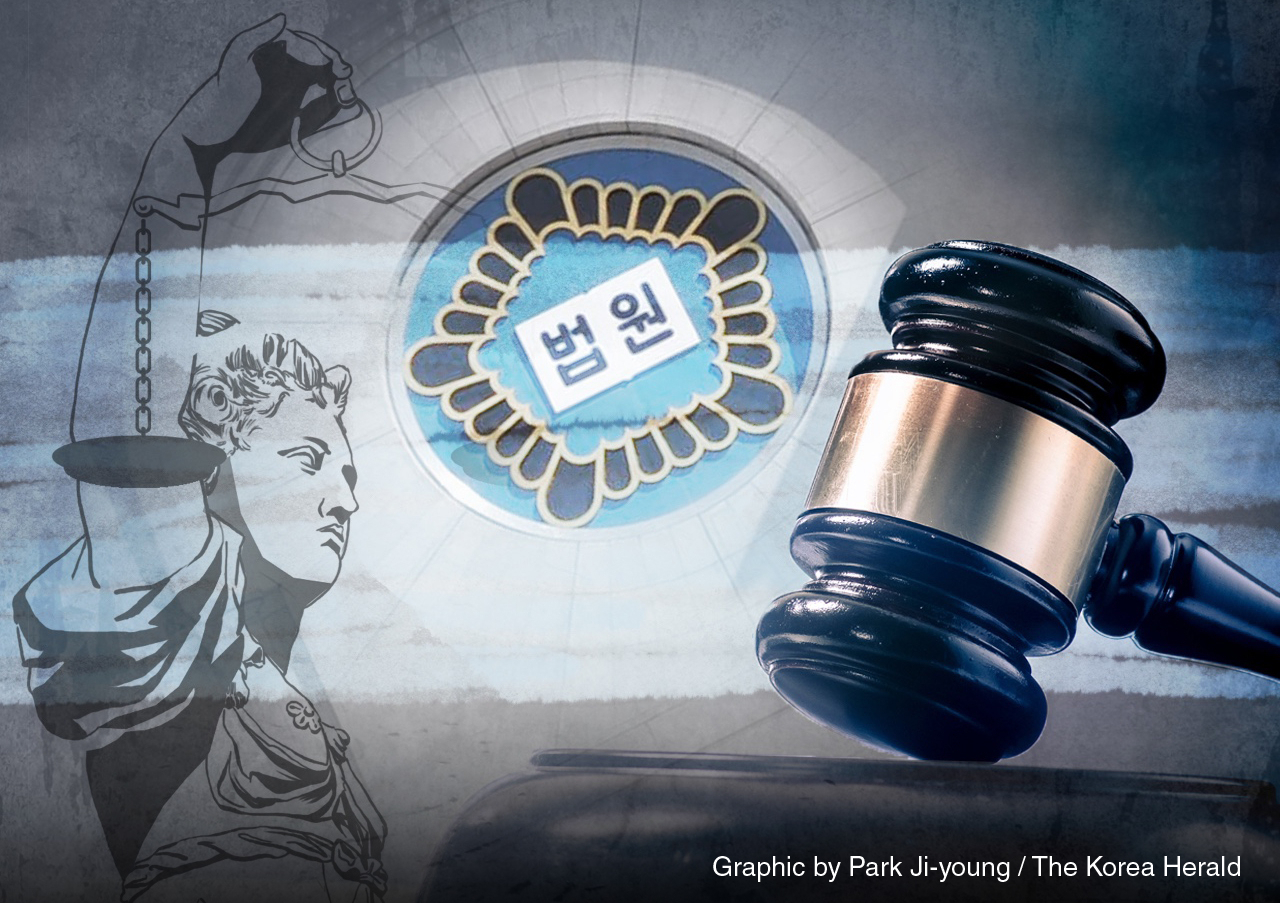Appeals court rules homeless man cannot sue cop who let police dog maul him.
On Thursday, the U.S. Court of Appeals for the 4thCircuit issued one of the most gruesome and inhumane decisions in recent memory, holding that the Constitution does not necessarily require law enforcement officers to stop police dogs from brutally mauling innocent people. If it stands, the decision would ensure that a homeless man who was disfigured by a police dog will not be able to sue a police officer who knew the man was innocent and allowed the dog to continue attacking him. It is an astonishing ruling that defies all logic and illustrates the grave threat that qualified immunity poses to constitutional rights today.
The grisly facts of the case are uncontested. One night in 2010, Officer Terence Garrison and his police dog, Bikkel, were tracking a robbery suspect in High Point, North Carolina. Bikkel led Garrison to an abandoned house, then attacked a man crouched behind a bush near the front stoop. Garrison quickly realized that the man did not match the physical description of the suspect. (In fact, he was Christopher Maney, a homeless man accused of no crime.) But Garrison decided that the man might still be dangerous, so he demanded that Maney show his hands beforecalling off Bikkel. But Maney was using his hands to try to protect himself against the dog and pleaded with Garrison to stop Bikkel’s attack, insisting that he had done nothing wrong. After allowing the mauling to continue for 10 seconds, Garrison finally told Bikkel to stop. He then put Maney in handcuffs and called medical support.
Maney arrived at the hospital in critical condition. Bikkel had bit the top of his head, tearing away a two-square-inch section of hair, skin, and tissue that ultimately required a nearly 16-inch skin graft. Deep bites on Maney’s arm and thigh led to a brachial artery blood clot and profuse bleeding, bruising, and swelling.
After convalescing, Maney sued Garrison, alleging a violation of his Fourth Amendment right to be free from unreasonable seizures. Under the Fourth Amendment, a dog bite qualifies as a seizure of the person, and Maney argued that Garrison prolonged the biting for an unreasonable amount of time. But the 4thCircuit concluded that Garrison was shielded from the lawsuit by qualified immunity, meaning he did not violate a “clearly established” constitutional right. According to the majority, Fourth Amendment precedents do not unambiguously prohibit officers from “prolong[ing] a dog bite seizure until a subject complies with orders to surrender.” The majority analogized the mauling to a “Terry stop,” during which an officer may briefly stop and frisk individuals on the basis of “reasonable suspicion.” Garrison, the majority concluded, had really just engaged in a type of Terry stop in which “the classic Terrytableau is replaced by something more dynamic.”
Advertisement Advertisement Advertisement AdvertisementAs Judge Pamela Harris explained in dissent, this analysis is disturbing nonsense:
Maney was not himself suspected of any crime, armed or not, and he did not attempt to flee or to resist. Nevertheless, Officer Garrison deliberately subjected him to a canine attack in order to rule out any possibility that he might pose a threat. Whether or not a more customary Terrystop might have been authorized, I think it is clear enough that the circumstances did not justify the sustained mauling of Maney. Clear enough, that is, to warrant denial of qualified immunity to Garrison on Maney’s excessive force claim.
Harris noted that the Terry analysis is especially ridiculous because “there was not reasonable suspicion sufficient to support a Terrystop” in the first place. Just before encountering Maney, Garrison had walked through a homeless camp just 150 yards away. “He was aware,” Harris wrote, “that there was a perfectly innocent explanation for Maney’s presence near the abandoned house. And I would not count against Maney his failure to stand and identify himself, which Maney—quite reasonably, in hindsight—attributes to his fear that a sudden movement might prompt a dog attack. Citizens are under no free-standing obligation to identify themselves to the police.”
Advertisement AdvertisementIn other words, Garrison did not have sufficient justification to stop Maney in the first place. And he certainly didn’t have a good reason to do what he did next—“intentionally prolong a violent assault on Maney to determine whether he might pose a threat.” In reality, Harris wrote, Garrison had clearly utilized excessive force under longstanding Supreme Court precedent, inflicting objectively unreasonable and disproportionate violence that “no reasonable officer” would consider to be legal. Thus, Harris argued, Garrison should not be protected by qualified immunity.
Harris is obviously correct, but her colleagues in the majority cannot be entirely blamed for disregarding Maney’s constitutional rights. The Supreme Court has expanded qualified immunity—a doctrine of dubious constitutional provenance—to such an extreme that police officers routinely get away with acts of shocking brutality. It has grown increasingly difficult for victims of such violence to hold officers accountable in court; a clever judge can almost always find a reason why some particular barbarity was not “clearly” forbidden by the Fourth Amendment when it occurred. Maney is only the latest victim of qualified immunity run amok. The list will continue growing apace.
Tweet Share Share Comment(责任编辑:行业动态)
- ·DOJ accuses TikTok of collecting and sharing users' personal views, as the app fights a ban
- ·时刻绷紧安全弦 守住守牢安全生产红线
- ·关爱母亲 从产后康复开始
- ·油菜收割季 村民田间“晒”收获
- ·热浪来袭 科学应对防中暑
- ·雅安市医疗保障基金欺诈骗保突出问题专项治理监督举报方式
- ·面对今夏用电历史最高负荷,青岛电网这样“出击”!
- ·鍥介檯閲戜环鍒涗笅杩?0涓湀鏂伴珮 闈掑矝閲戦グ鍝佷环鏍艰蛋楂榑涓浗灞变笢缃慱闈掑矝
- ·Google is bringing AI summaries to ‘Files’ so you can find your docs quicker
- ·兰开驰会见省档案馆馆长祝云














